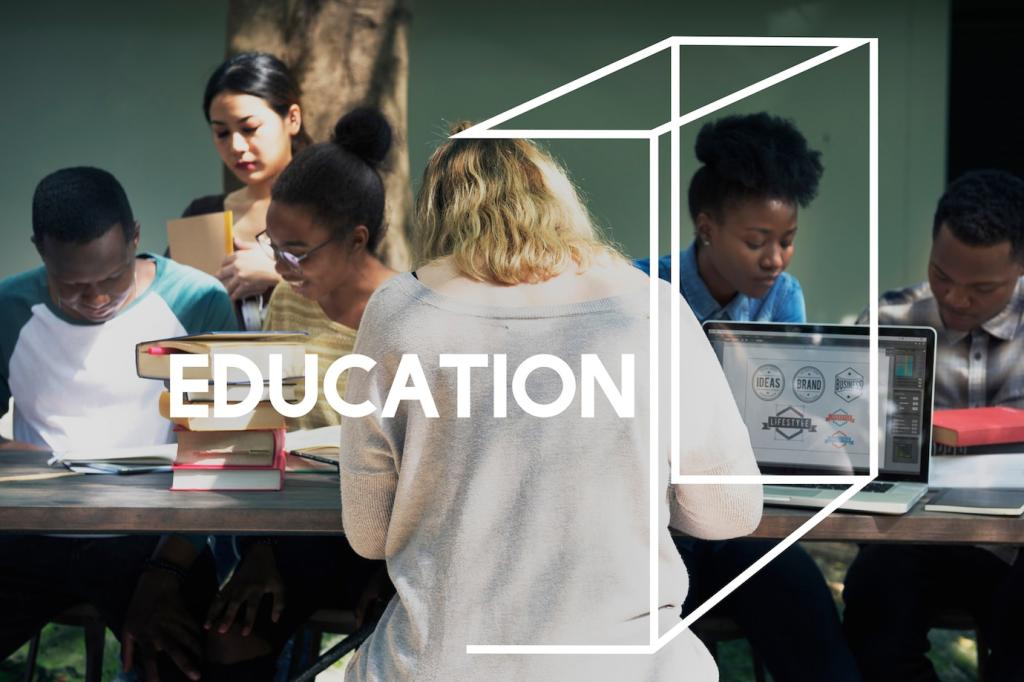
Level Up Learning: Educational Board Games for Skill Development
Chosen theme: Educational Board Games for Skill Development. Discover how playful strategy, thoughtful mechanics, and shared table moments translate directly into measurable growth. Explore ideas you can try today, then comment with your experiences and subscribe for weekly, play-tested guidance to turn game nights into authentic learning opportunities.
Why Board Games Boost Skills
Turn order, rules, and limited information demand working memory, attention control, and flexible thinking. Players constantly update mental models, evaluate probabilities, and plan multiple moves ahead. Over repeated plays, these executive functions sharpen in authentic contexts. Notice changes at your table? Share your observations and help fellow readers learn from your experience.


Why Board Games Boost Skills
Negotiation, active listening, and gracious winning or losing are practiced every round. Cooperation challenges require teammates to manage emotions, share airtime, and align strategies under time pressure. These soft skills transfer to group projects and daily life. Tag a friend who needs a nudge to join your next educational game session.
Age-by-Age Guide to Skill Targets
Focus on pattern recognition, counting, color matching, fine motor control, and turn-taking. Short, tactile games teach patience and self-regulation while keeping rules simple and visual. Celebrate tiny wins with quick reflection questions. Have a favorite for this age group? Comment below to help other families build a confident start.


Age-by-Age Guide to Skill Targets
Introduce light strategy, probability, fractions, reading comprehension, and teamwork. Cooperative adventures strengthen communication while puzzle elements develop logical sequencing. Encourage kids to justify choices aloud to reveal reasoning. Curious which mechanics best support this range? Subscribe for curated recommendations and printable reflection prompts tailored to growing tween brains.

Game Mechanics That Teach
Allocating limited resources teaches budgeting, opportunity cost, and proportional reasoning. Players juggle short-term gains against long-term goals, practicing mental math and trade-offs. Debrief by asking which move delivered the best return. Share a screenshot of your most efficient engine and tell us how you calculated the winning line.
Clue gathering and elimination require forming hypotheses, testing assumptions, and adjusting conclusions. Learners practice conditional reasoning and evidence-based arguments. Add sentence starters to raise academic talk during play. Post your toughest logic puzzle in the comments and challenge our community to crack it faster.
Narrative games nurture vocabulary, perspective-taking, and coherent sequencing. Players craft motives, describe settings, and negotiate outcomes, strengthening oral fluency and writing. Invite shy speakers to contribute through character notes or artifacts. Want classroom-ready narrative prompts? Subscribe and receive quarterly bundles aligned to language standards.
Anecdotes from the Table
Ms. Rivera’s Fifth-Grade Revelation
Jacob avoided fractions until a trading mechanic demanded fair exchanges. He began explaining equivalence to teammates, then volunteered to model steps on the board. Confidence followed competence. Teachers, which mechanic lit the spark in your classroom? Share below so others can replicate the magic with their students.

Starter Library: Curate With Purpose
Cover Core Skill Domains
Select titles that collectively train numeracy, literacy, spatial reasoning, and collaboration. Aim for quick teach times and replayable depth. Include at least one cooperative, one deduction, and one resource game. Comment with your essential picks, and we will compile a community-driven starter list for new readers.
Accessibility and Inclusion
Prioritize colorblind-friendly palettes, clear iconography, and language-light rules for multilingual players. Offer tactile components and adjustable difficulty to welcome mixed ages. Invite house rules that lower barriers without removing challenge. Share your accessibility tweaks so we can highlight practical changes that help every player feel seen.
Rotate and Refresh
Cycle games to maintain novelty and skill spread. Introduce thematic weeks, micro-tournaments, or remix scenarios to spotlight different strategies. Retire titles briefly to reignite interest later. Post your rotation calendar template, and subscribe for seasonal refresh guides that keep learning vibrant all year.

Define the exact behavior you want to see, such as multi-digit addition with regrouping or citing textual evidence. Choose mechanics that force repeated practice of that skill. Keep constraints tight. Share your objective in the comments, and the community will suggest mechanics that fit perfectly.

Build with paper scraps, coins, and index cards. Run five-minute rounds, then change only one variable to isolate impact. Invite peer feedback on clarity and fun. Document tweaks and outcomes. Want our quick iteration checklist? Subscribe to receive the printable version used in workshops.

Host a gallery walk where players explain choices, gather feedback, and connect outcomes to skill growth. Use simple rubrics aligned to objectives, not polish. Celebrate clever failures. Post photos or summaries of your showcase, and inspire others to elevate learning through student-designed play.
